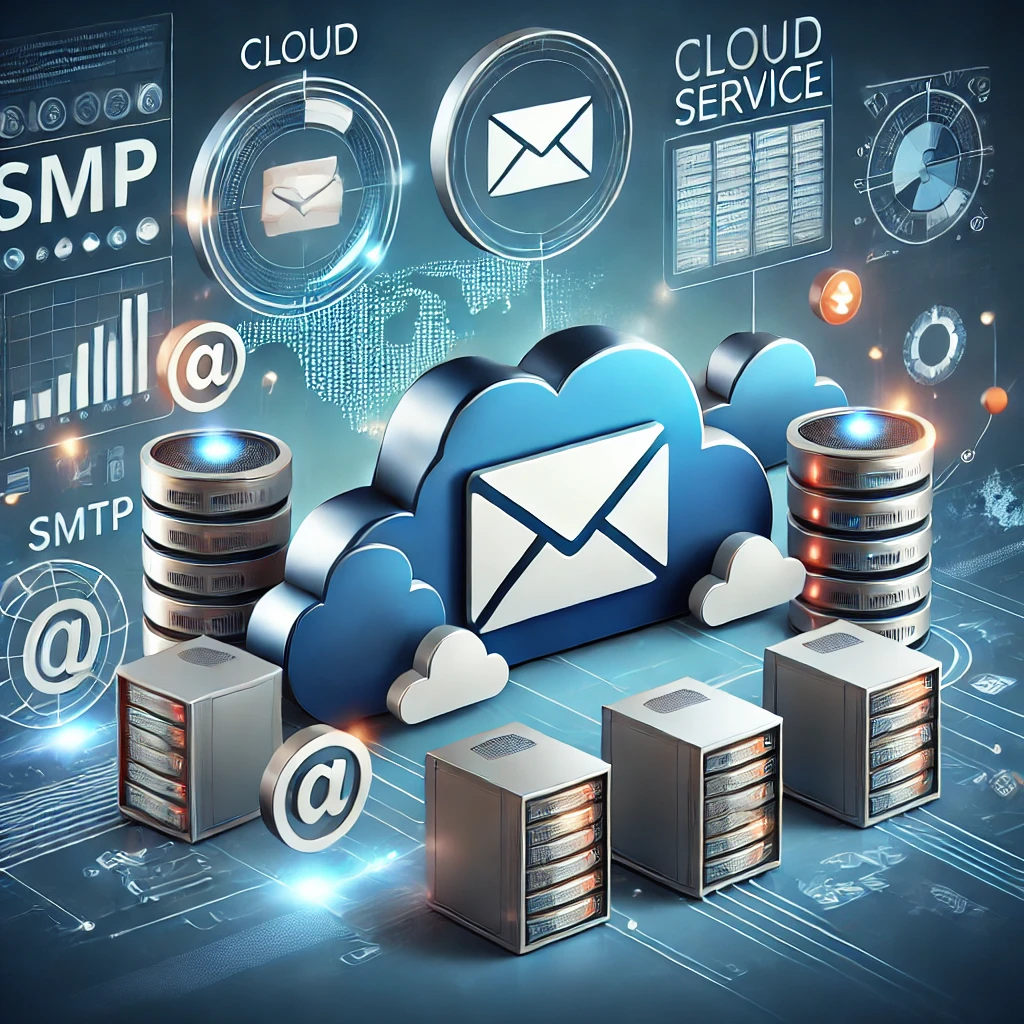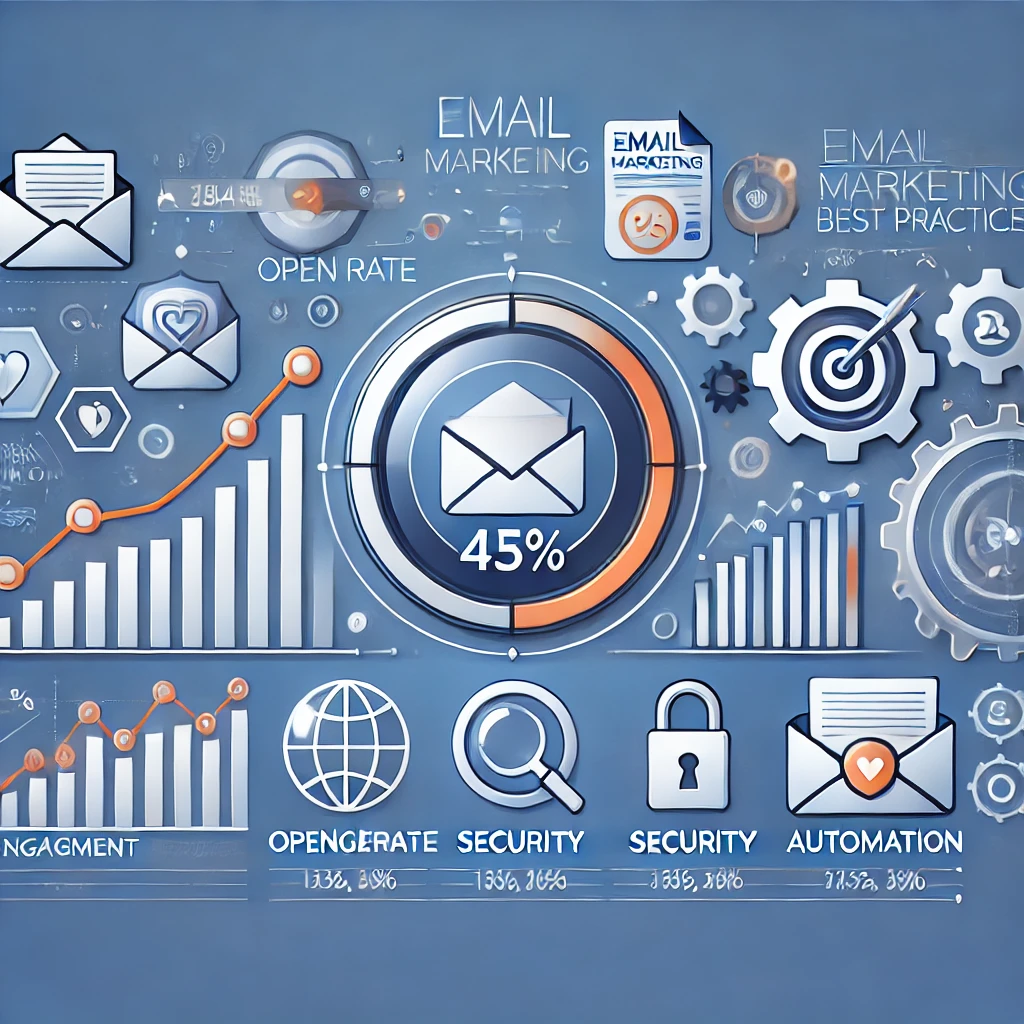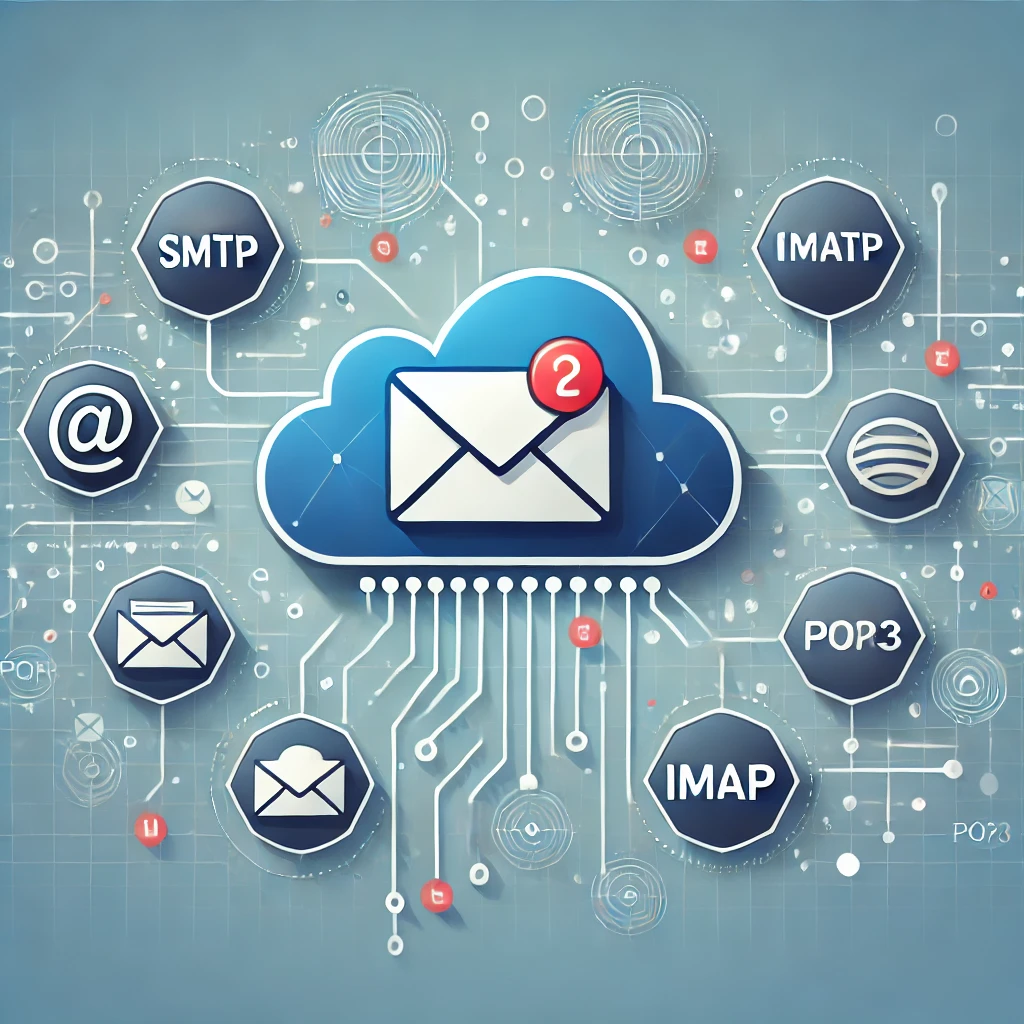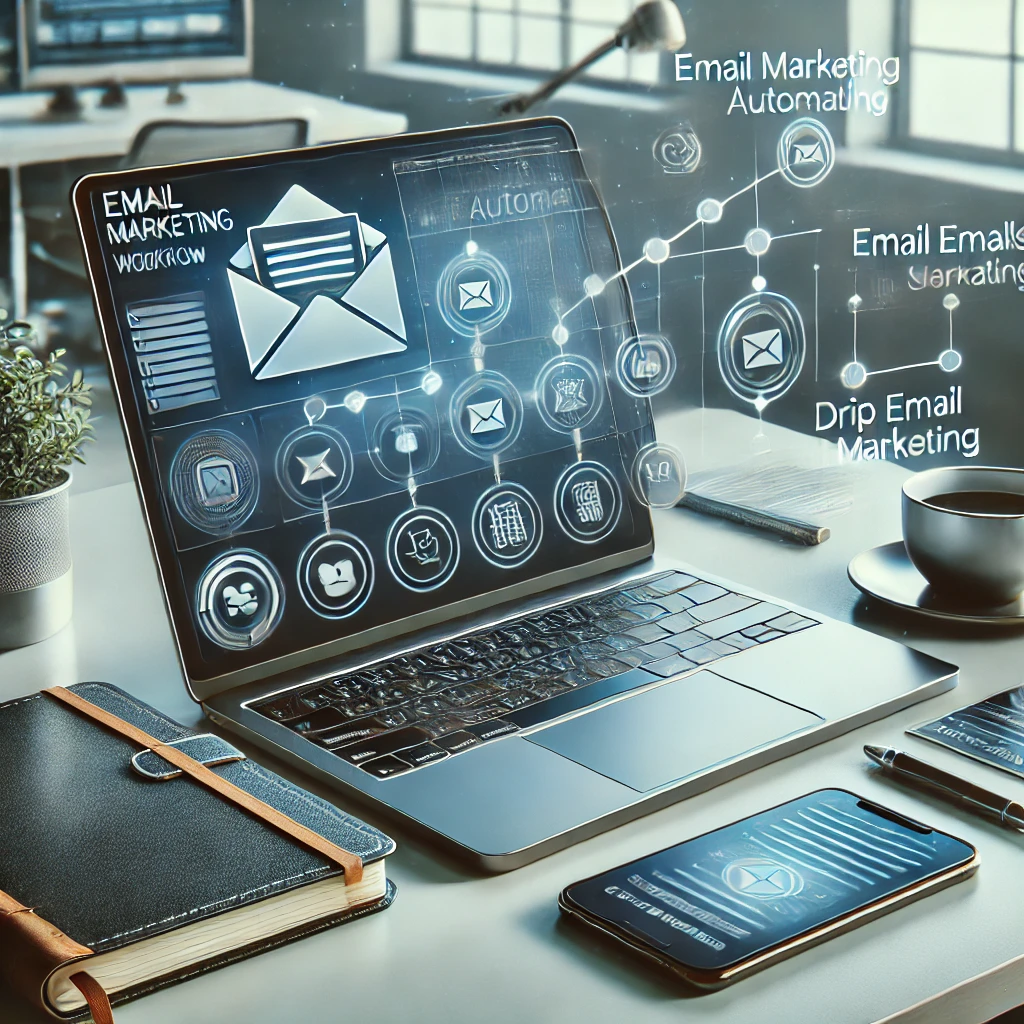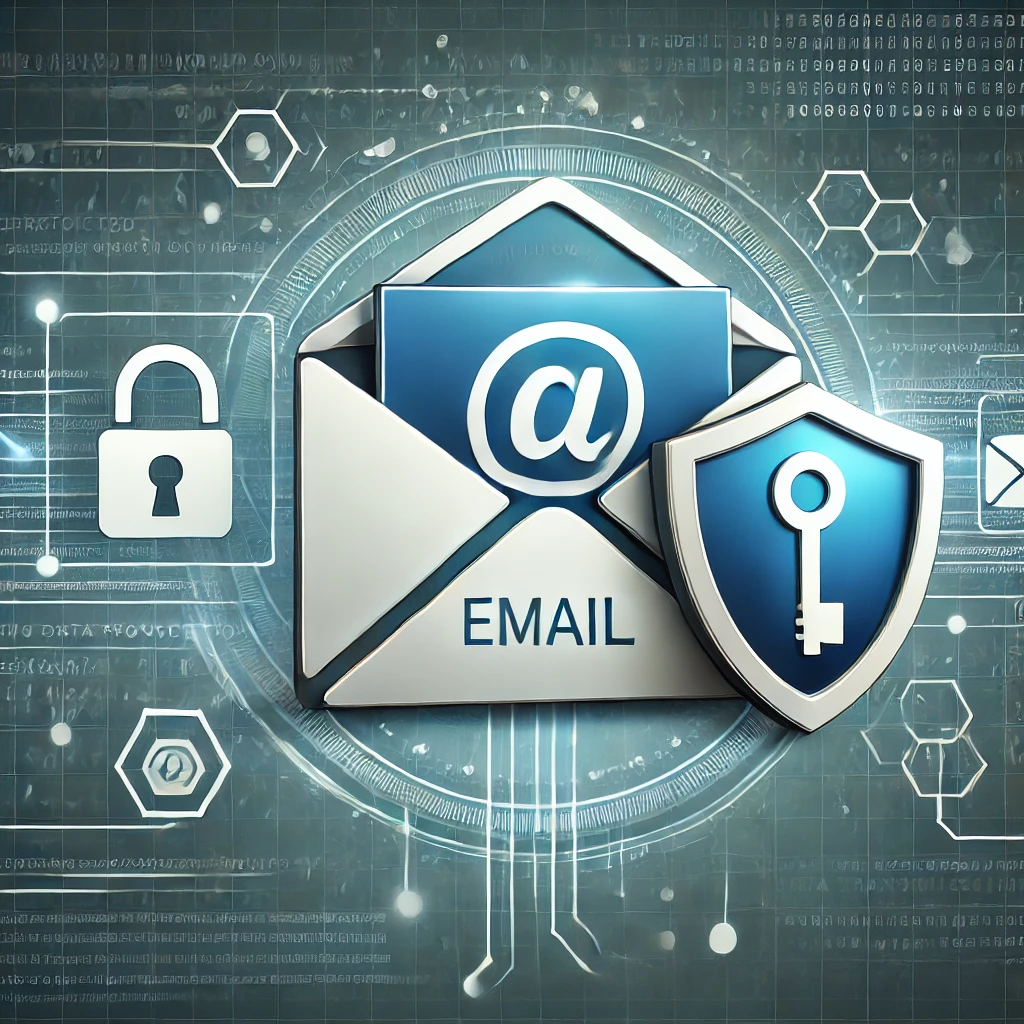In Email Marketing What Is a Relationship Email?
Disclosure: This post contains affiliate links. LaptopVoyager.com participates in the Amazon Associates Program and may earn commissions on qualifying purchases, at no extra cost to you.
Every inbox tells a story. Sometimes it’s a stream of promotions and discounts. Other times, it’s full of updates and cold pitches. But nestled among them—if crafted with care—are emails that feel personal, thoughtful, even welcome. These are known as relationship emails in the world of email marketing.
Let’s dive into what makes relationship emails so essential, how they differ from typical marketing blasts, and why they can become the secret weapon of a long-lasting brand strategy.
What Is a Relationship Email in Email Marketing?
At its core, a relationship email is designed not to sell, but to connect. It’s about building trust, nurturing loyalty, and creating value before asking for anything in return. Think of it as the digital version of checking in on a friend—you’re not there to close a deal, you’re there to say, “Hey, I’m thinking of you.”
These emails are typically used during key moments in a customer’s journey:
- A welcome email after signing up
- Birthday or anniversary messages
- Thank-you notes after a purchase
- Educational series with helpful tips
- Personalized content based on their interests
How Relationship Emails Build Trust
Unlike hard-hitting sales emails, relationship emails foster emotional connection. They show that a brand sees its subscribers as more than just leads—they’re people. This genuine approach helps reinforce brand values and encourages long-term engagement.
Over time, this consistent communication leads to higher open rates, more replies, and yes—even more conversions. Why? Because the recipient trusts the sender.
Key Characteristics of Relationship Emails
Here’s what sets relationship emails apart from the rest:
- Tone: Friendly, conversational, often signed with a real name
- Content: Focused on the reader’s needs, not the brand’s offers
- Timing: Sent during meaningful moments or based on behavior
- Call to Action: Optional or low-pressure (like reading a blog or replying to say hello)
When done right, a relationship email feels less like a campaign—and more like a conversation.
Why Brands Need Relationship Emails
If you’re only emailing when you want to make a sale, you’re likely training your audience to ignore you. But if you use email as a relationship tool, you build anticipation. People start looking forward to hearing from you because they know it’s not always going to be about selling.
It’s not just good marketing—it’s good manners.
Conclusion
In email marketing, a relationship email isn’t about pushing products. It’s about pulling people closer to your brand. By adding value, being consistent, and sounding human, these emails transform subscribers into fans—and fans into customers who stick around.
The best brands in the world don’t just sell. They stay in touch. And relationship emails are how they do it.


